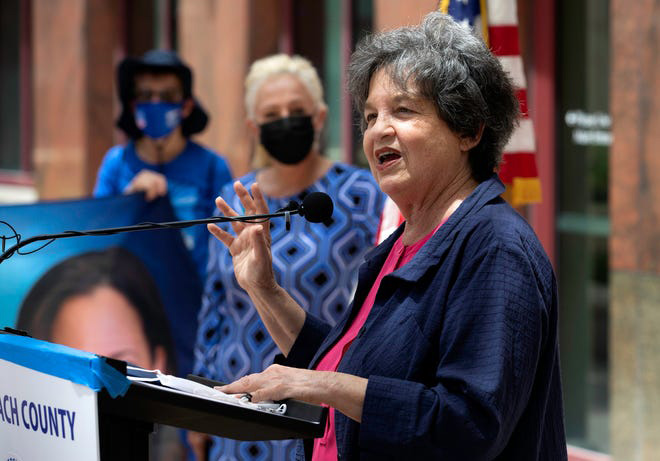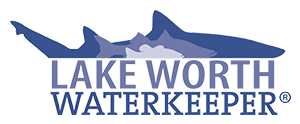The congressional letter supporting the delay comes after a private meeting was held June 3 between Frankel and an estimated 40 municipal, county and water management representatives. Listed as a speaker at the conference was Tom MacVicar, president of MacVicar Consulting, a water management firm that works with the agriculture industry in the Lake Okeechobee and Everglades watersheds.
MacVicar said at a South Florida Water Management District meeting last week that he is representing lakeside communities in the rewrite of the Lake Okeechobee management plan. The plan is formally called the Lake Okeechobee System Operating Manual, or LOSOM.
Some environmental groups noted they were excluded from the meeting, including Friends of the Everglades, Lake Worth Waterkeeper, Audubon Florida, Everglades Law Center and the Everglades Foundation.
Erik Eikenberg, president/CEO of the Everglades Foundation, said he doesn’t support a 90-day extension.
“This is why projects don’t get finished,” Eikenberg said. “This is why bureaucrats can rule the day. We don’t need extensions.”
Lake Okeechobee has been managed by a 2008 plan that was put in place after deficiencies were found in the Herbert Hoover Dike. Repairs to the dike are expected to be finished next year, triggering the rewrite of the management plan.
Environmental groups want more water sent south to the Everglades during the dry season and fewer or no discharges to the St. Lucie and Caloosahatchee estuaries.
Lisa Interlandi, executive director of the Everglades Law Center, said discharges to the Lake Worth Lagoon should also be minimized.
“Sometimes flows to the Lake Worth Lagoon are considered flows south, but this is an estuary, it is not the Everglades,” Interlandi said at a water management district governing board meeting last week.
Commissioners in the City of Lake Worth Beach are expected to consider a resolution Tuesday evening that would echo Interlandi’s request and ask the Corps to consider the lagoon a “northern estuary”, similar to what the St. Lucie and Caloosahatchee are called.
Other groups, including farmers and some municipalities, fear lower lake levels will hurt their ability to irrigate crops and supply water to residents.
Despite the clash, Audubon Florida and Lake Worth Waterkeeper agree with issuing a 90-day extension.
“Having more time is absolutely necessary,” said Beth Alvi, director of policy at Audubon Florida. “Stakeholder groups need time to digest the information and develop thoughtful recommendations to the Corps so that the final alternative that is selected is balanced and equitable.”
Erica Skolte, a public affairs specialist with the Corps, emphasized Monday that the public participation part of LOSOM began in January 2019, “more than two years ago.”
Despite Covid-19 setbacks, she said the study has stayed on schedule.
“Our task now is to have a system operating manual ready to implement when the Herbert Hoover Dike rehabilitation is complete in 2022,” Skolte said. “We are confident that we will be able to meet that timeline.”
Kmiller@pbpost.com
@Kmillerweather

